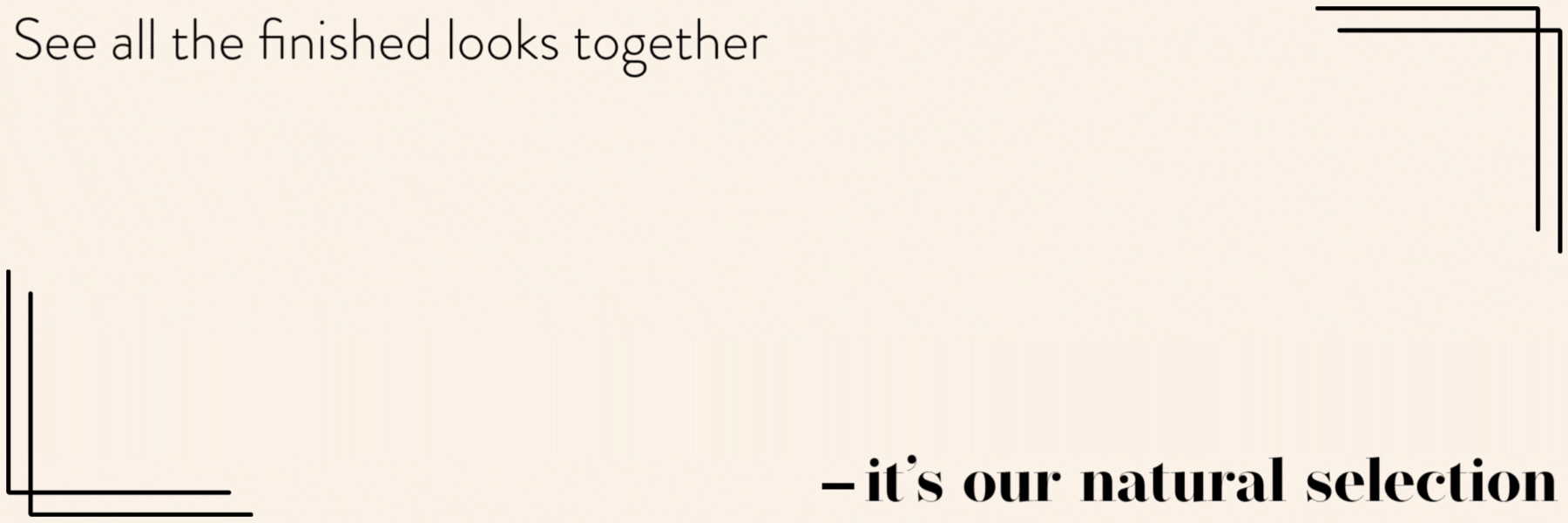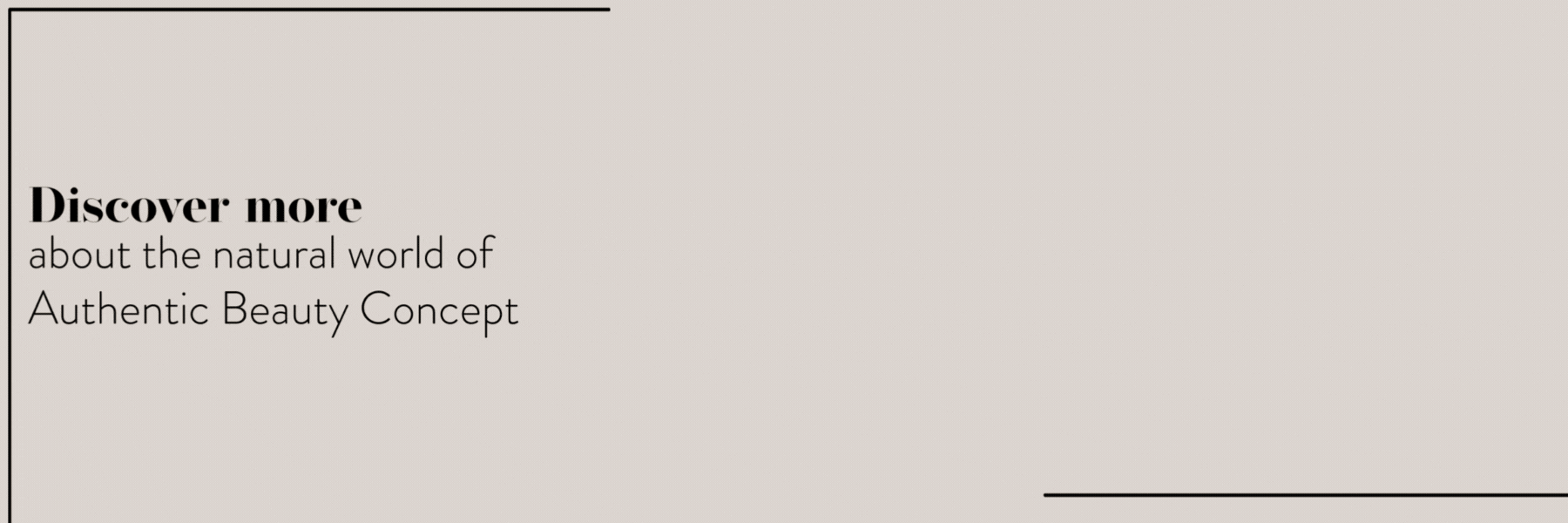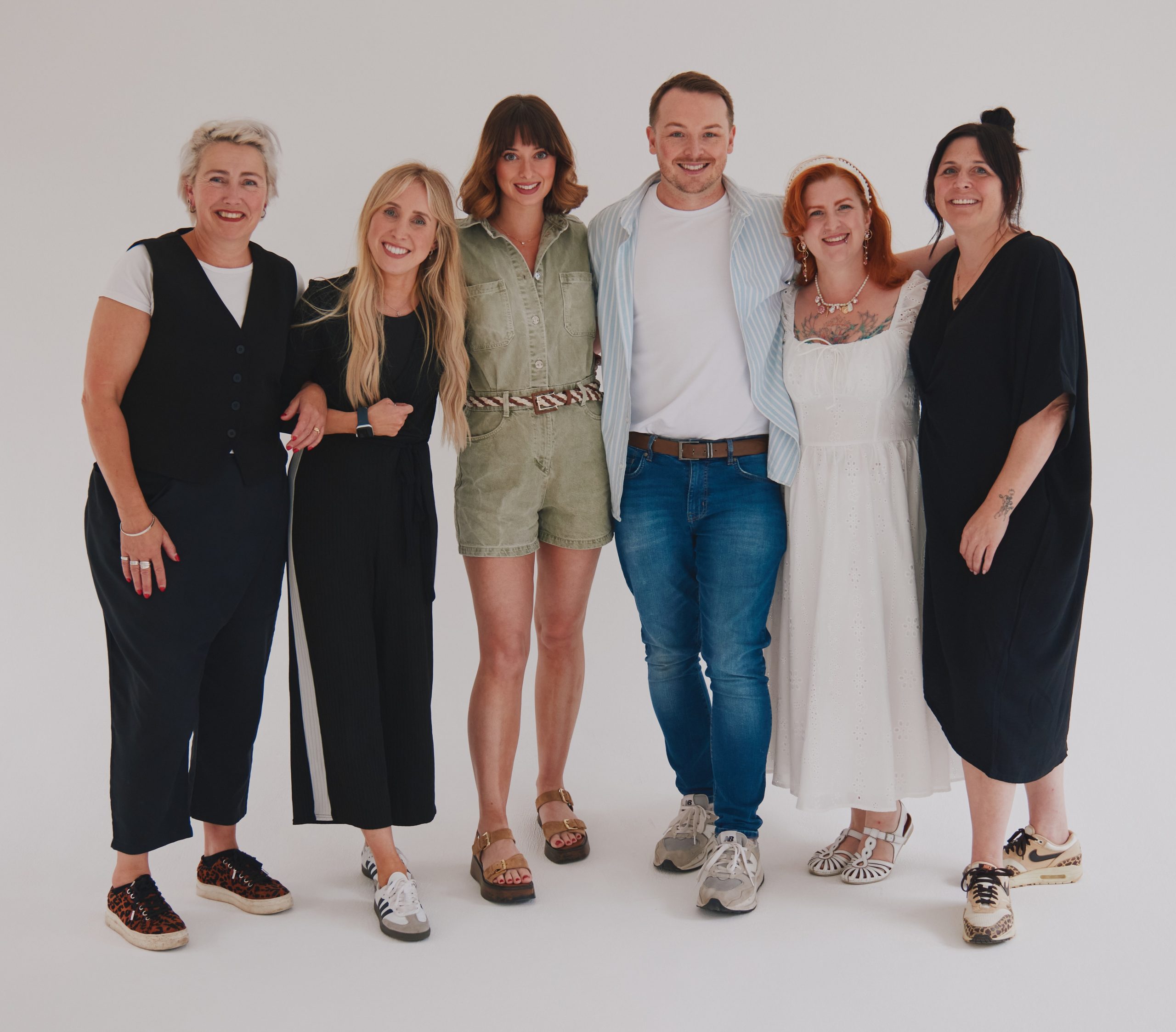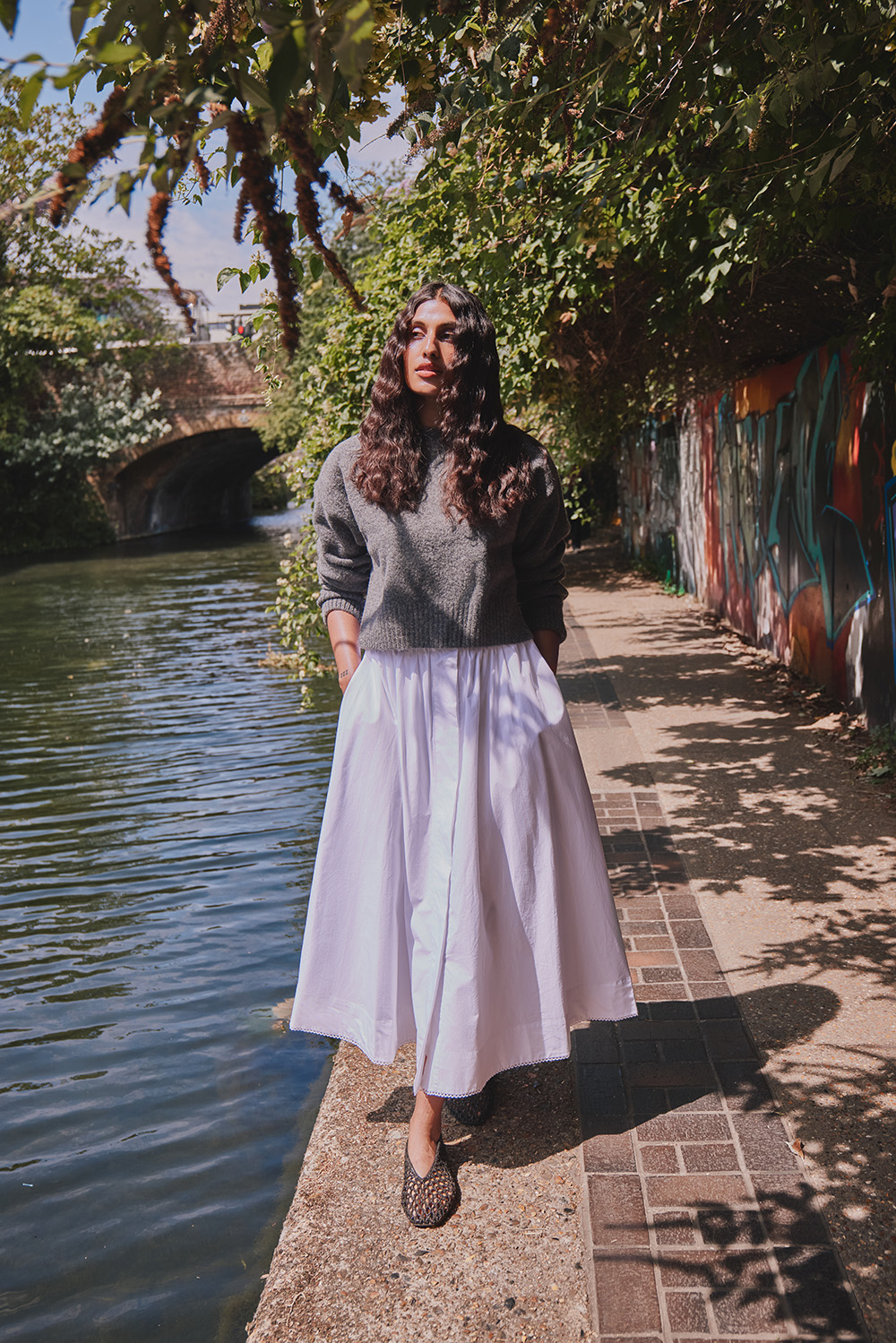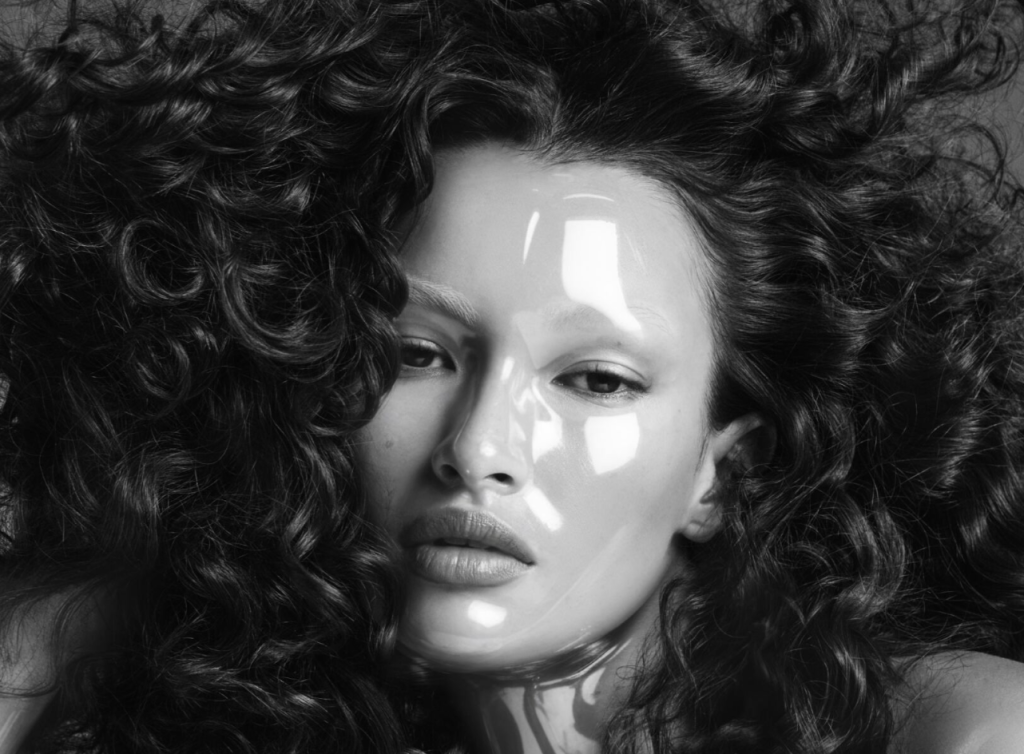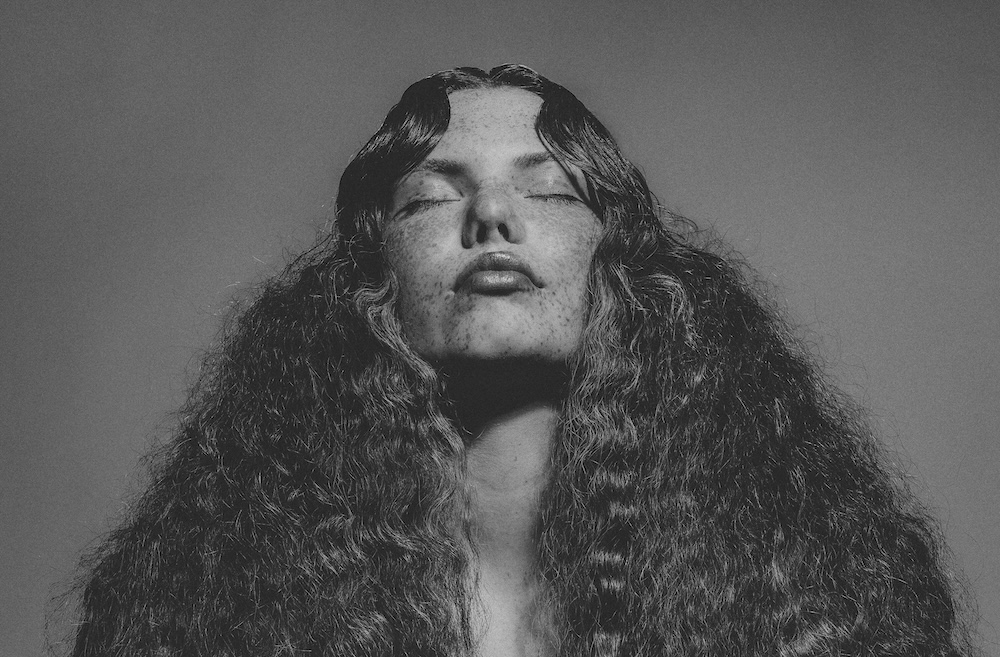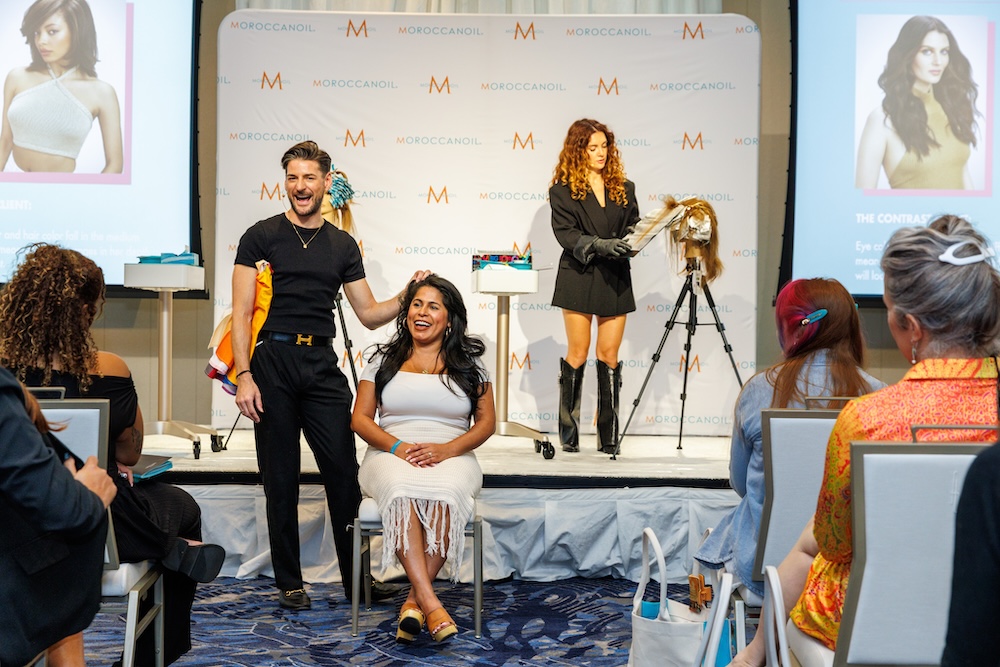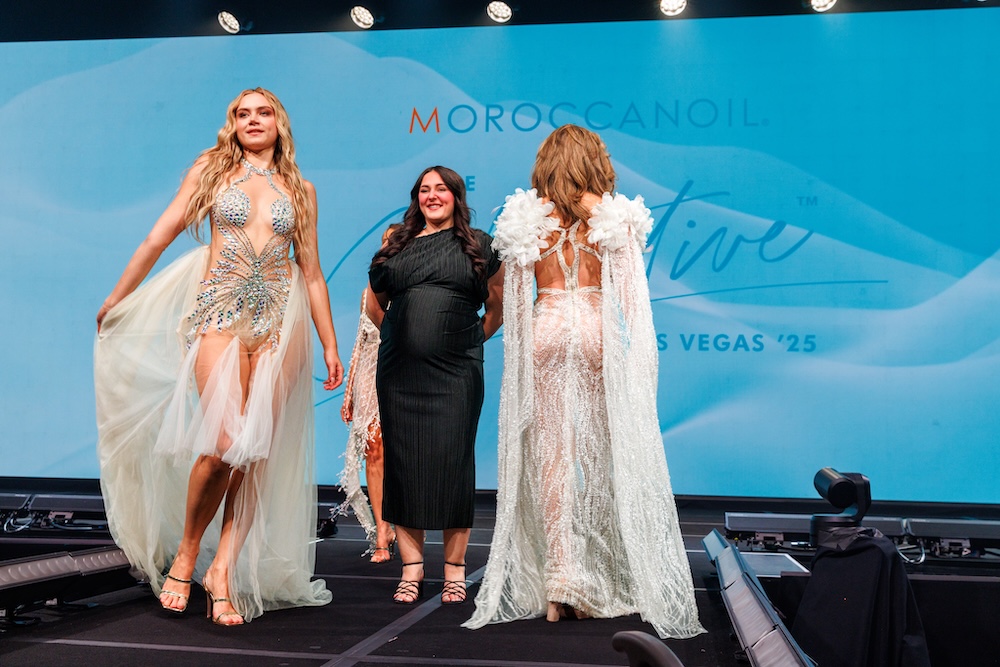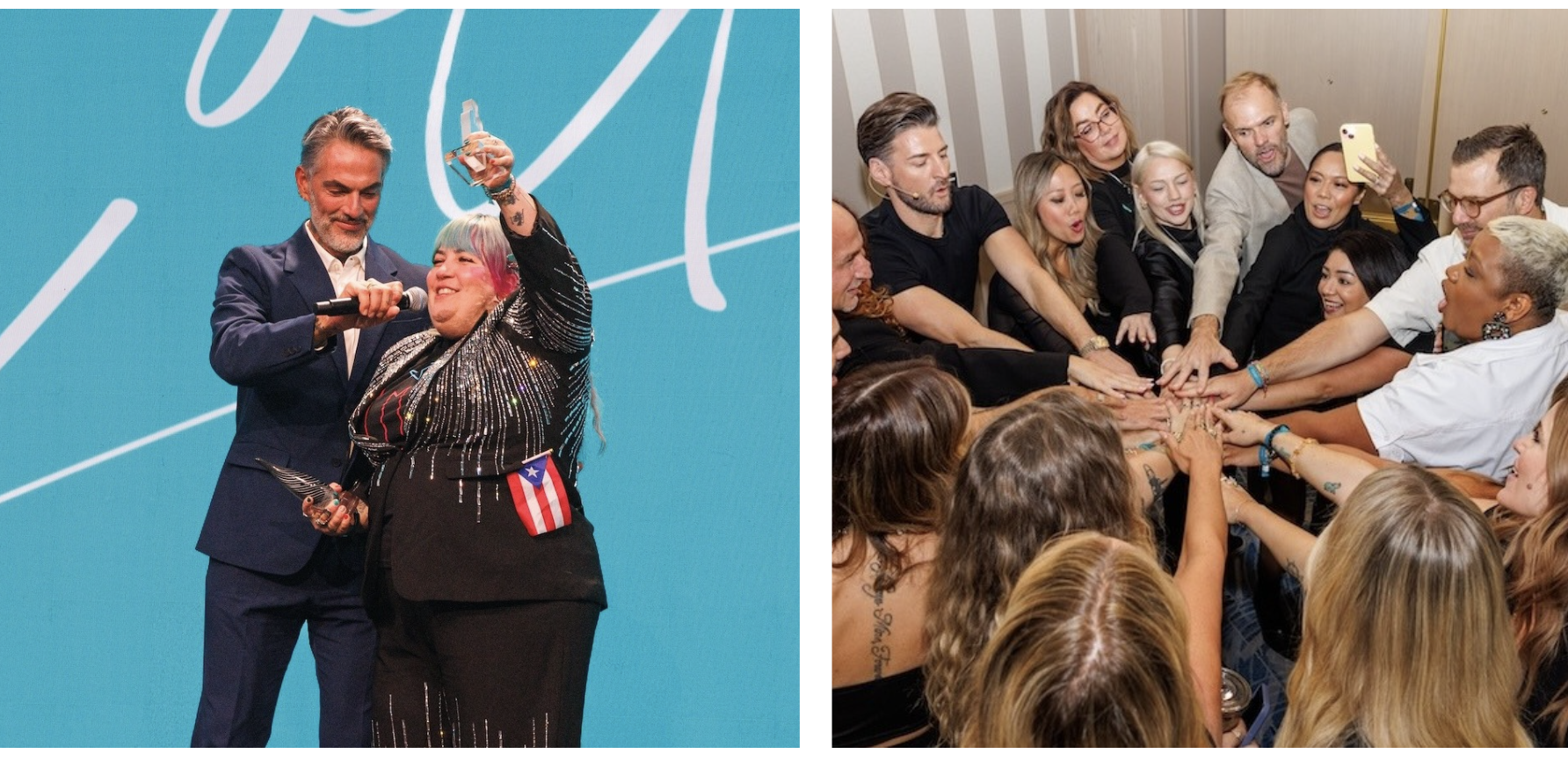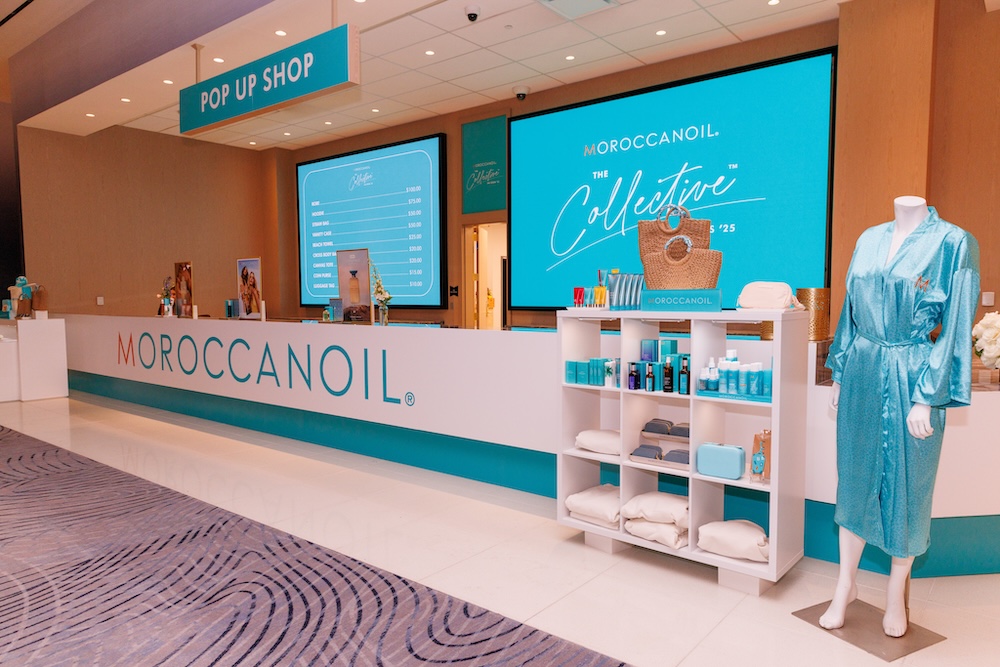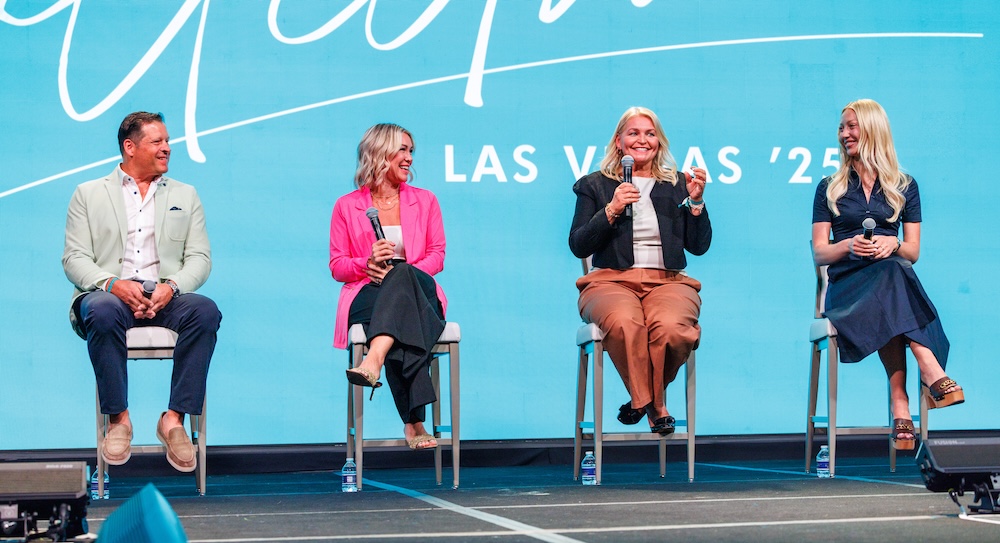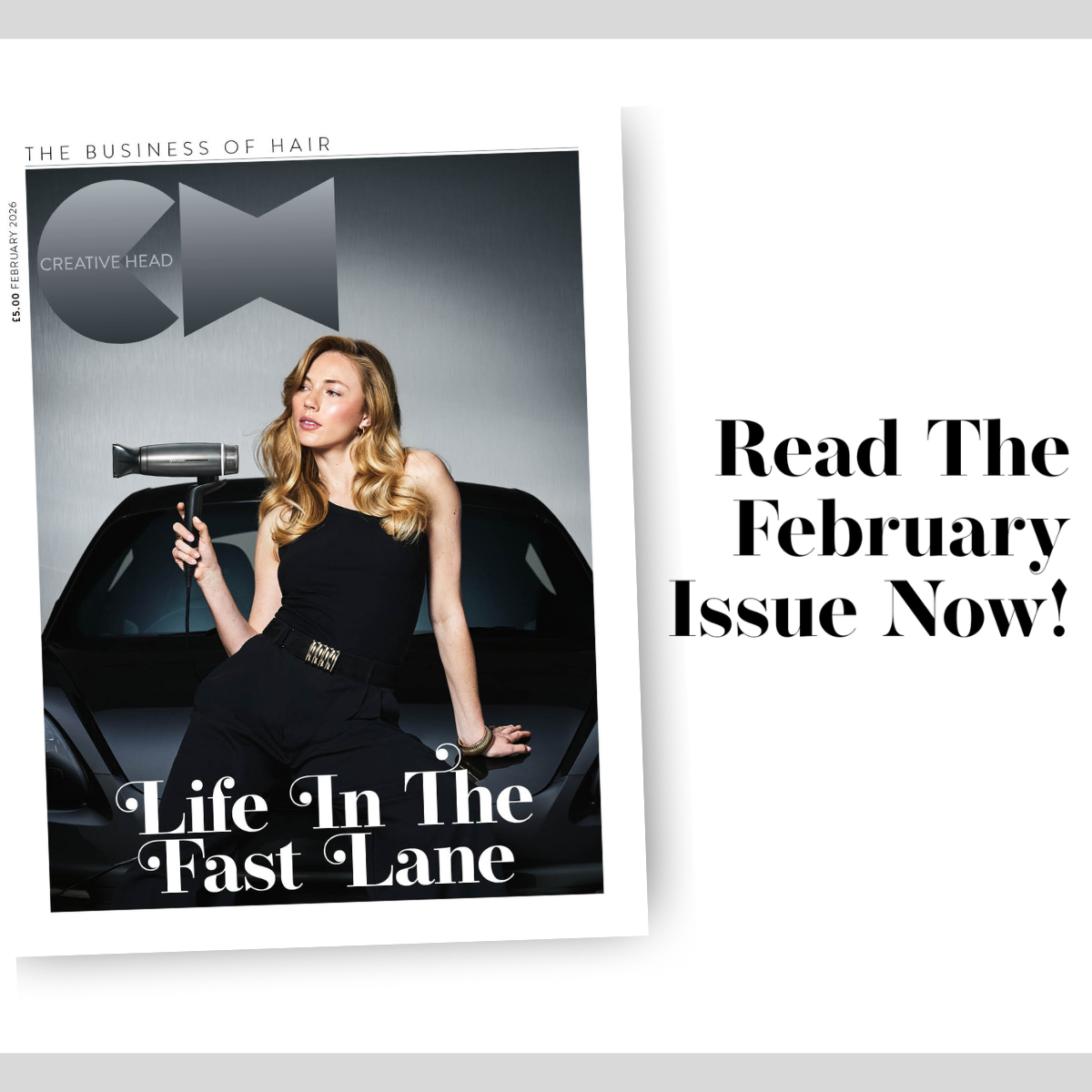
That’s Hot – Paris Hilton Partners With Paul Mitchell
That’s Hot – Paris Hilton Partners With Paul Mitchell
Year-long deal sees Noughties favourite become global ambassador
by AMANDA | INFORM
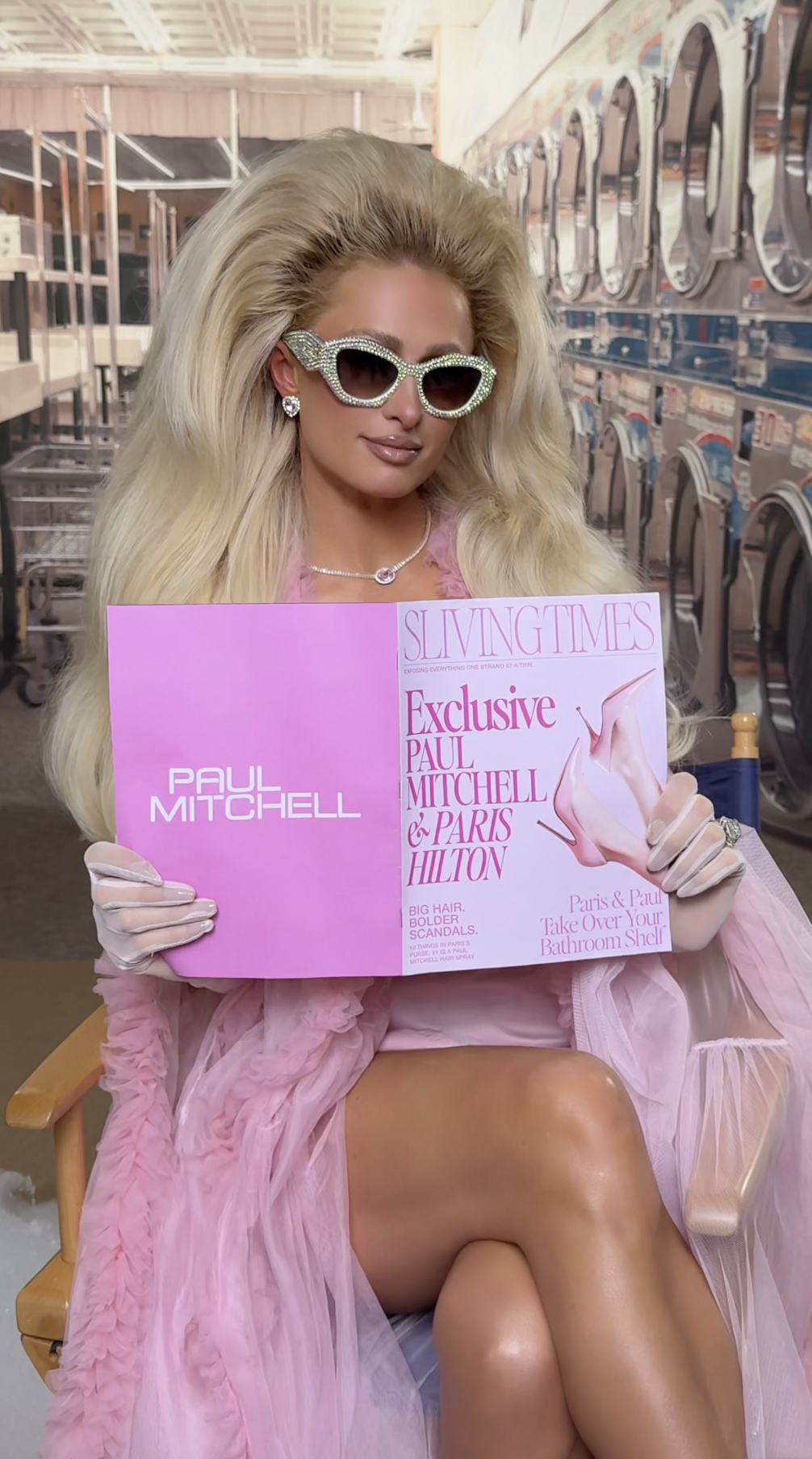
Paris Hilton, a mainstay of Noughties’ trends and culture, is the new Paul Mitchell global ambassador.
The year-long partnership is set to launch with a campaign celebrating “beauty, confidence and reinvention”, with Paris’s signature looks created by celebrity hairstylist and Paul Mitchell School alum, Sienree Du.
Through behind-the-scenes content and tips, we’ll all be offered a glimpse into her “world of glamour”, seeing Paris in “striking, unexpected settings” while spotlighting the Paul Mitchell essentials behind each look.
“Paris Hilton has been setting trends and breaking boundaries for decades,” said Michaeline DeJoria, chief executive of John Paul Mitchell Systems. “Her passion for beauty, authenticity and giving back aligns perfectly with our values. We’re excited to partner with an icon who not only defines style but also champions purpose.”
“I’ve used Paul Mitchell products for years and they always leave me feeling confident and glamorous,” said Paris. “This campaign is about celebrating individuality, supporting causes close to my heart, and having fun with your look. I can’t wait for fans to see everything we’ve created together!”
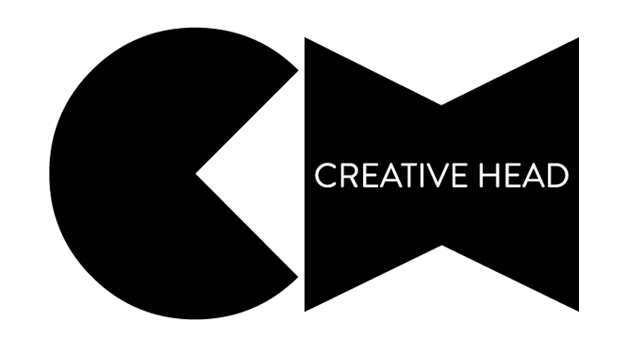
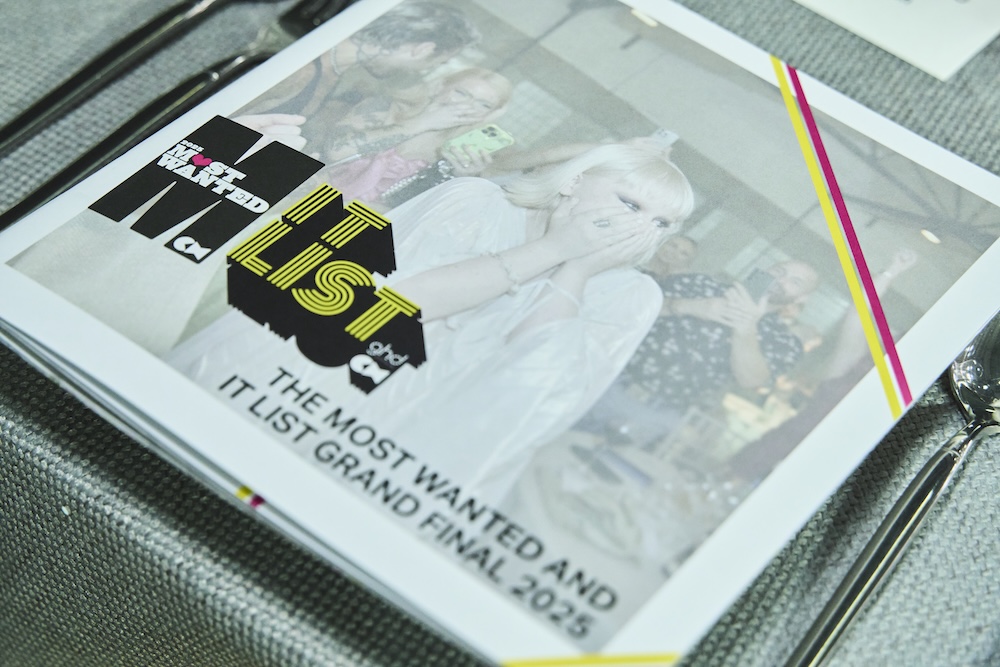
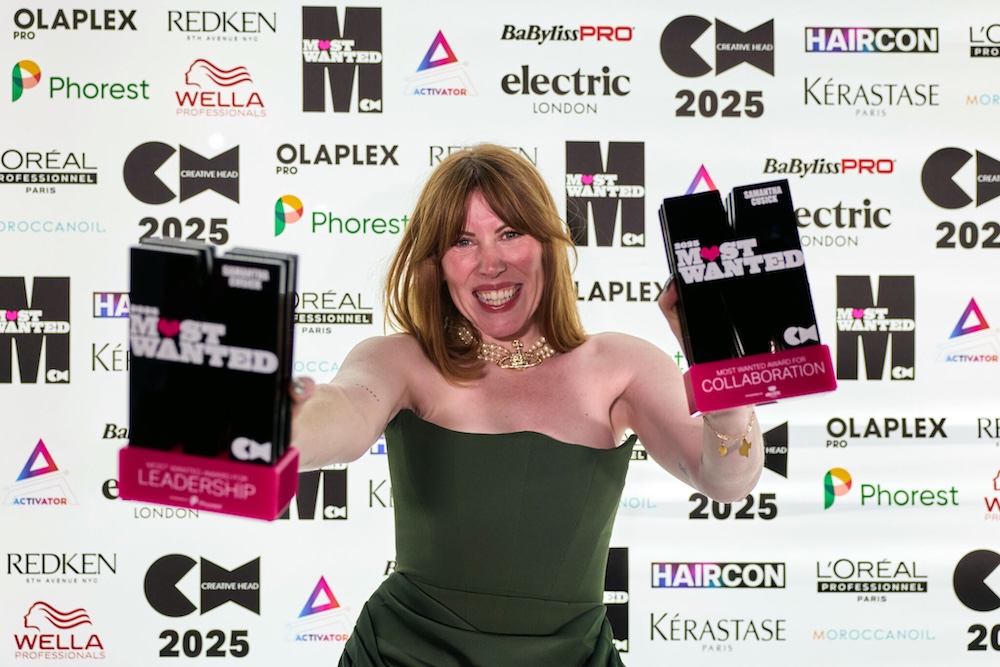
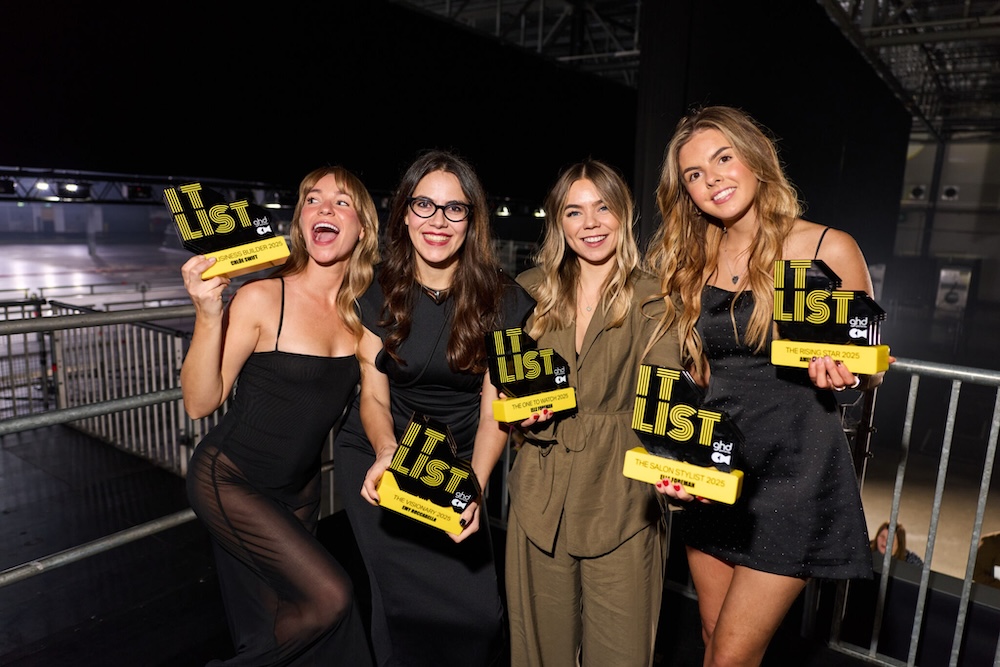
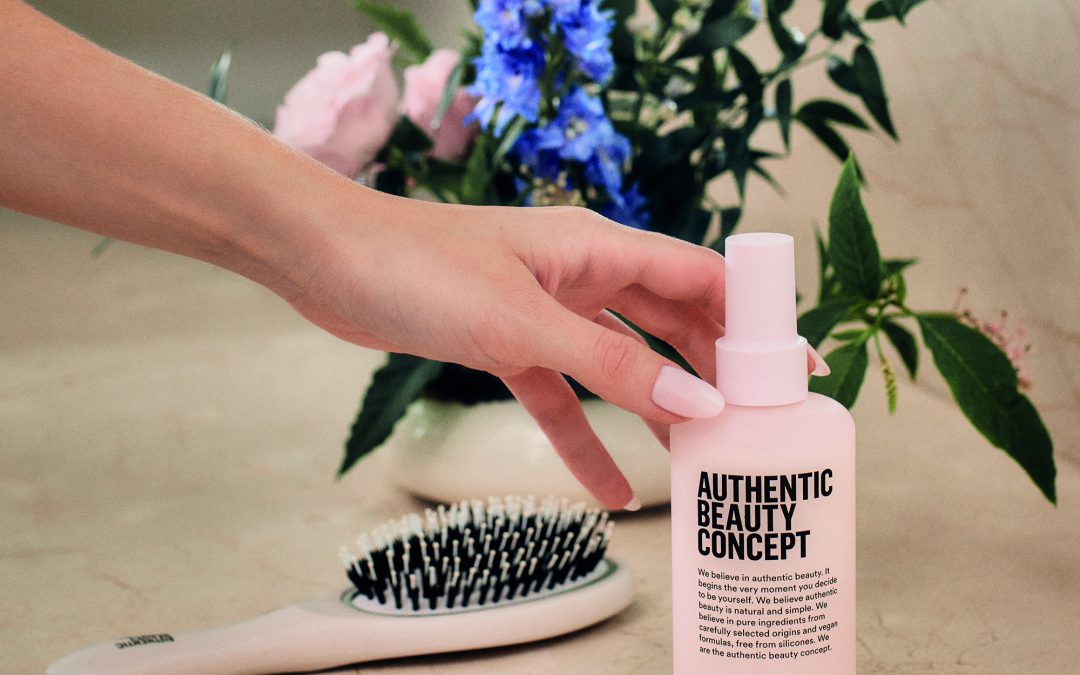
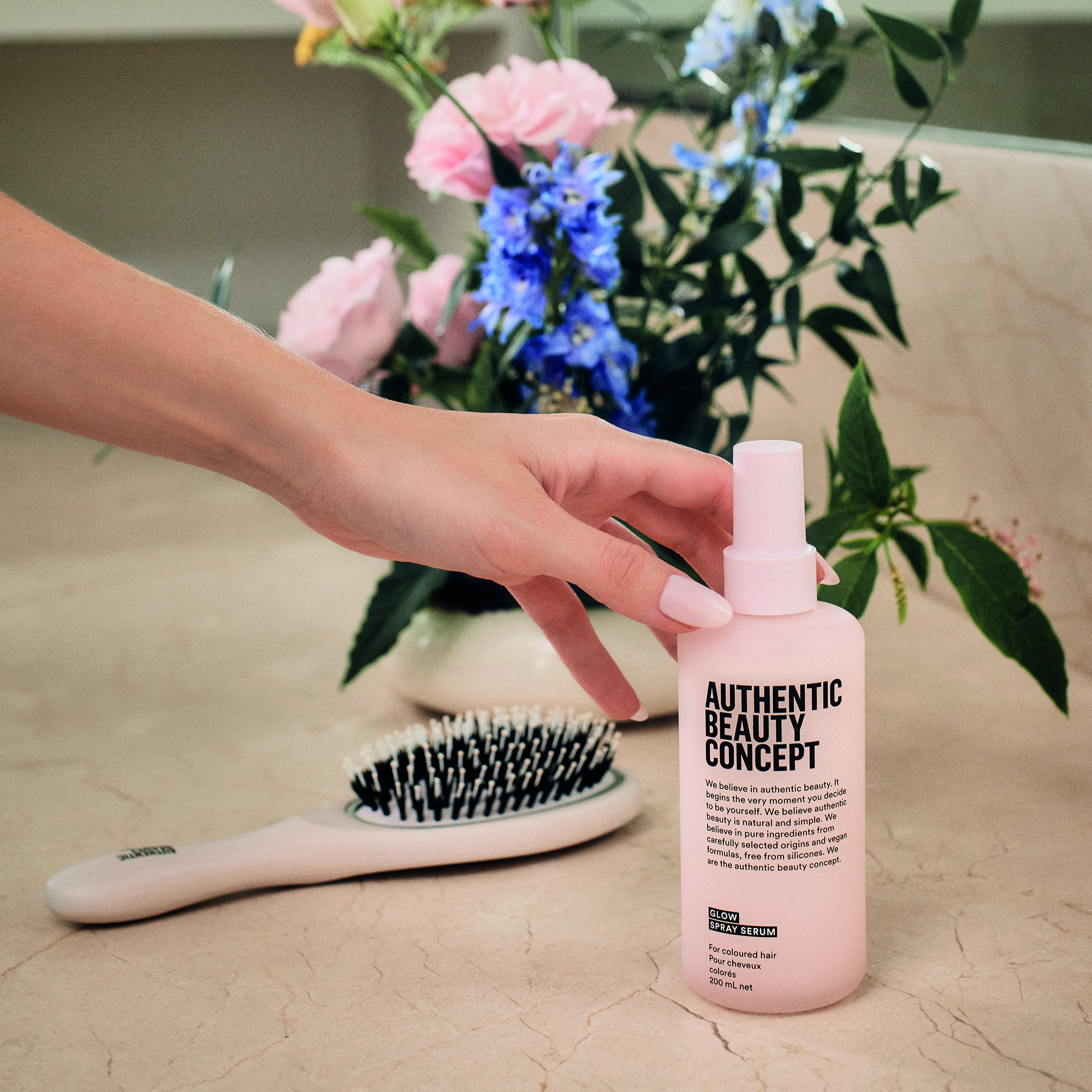
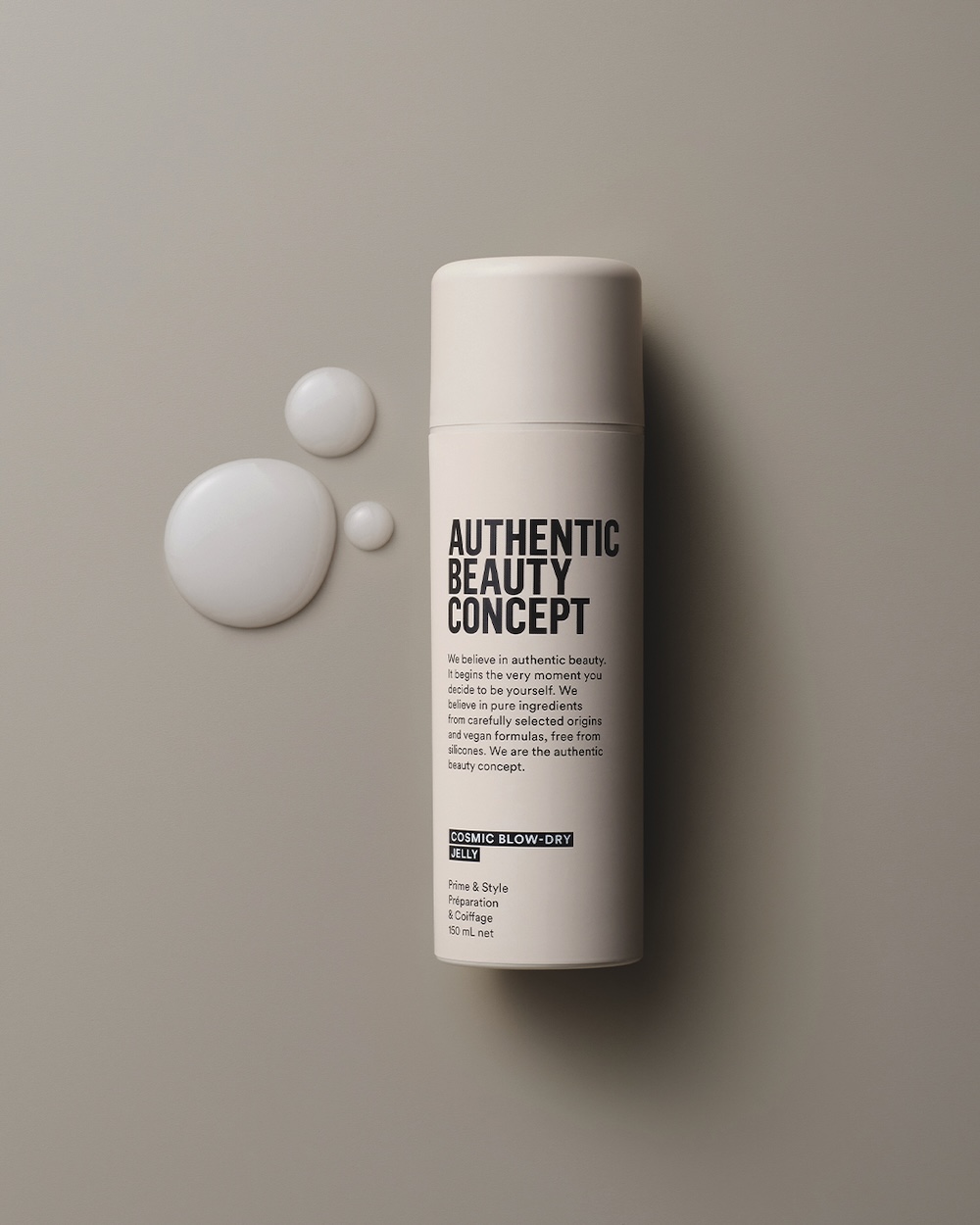
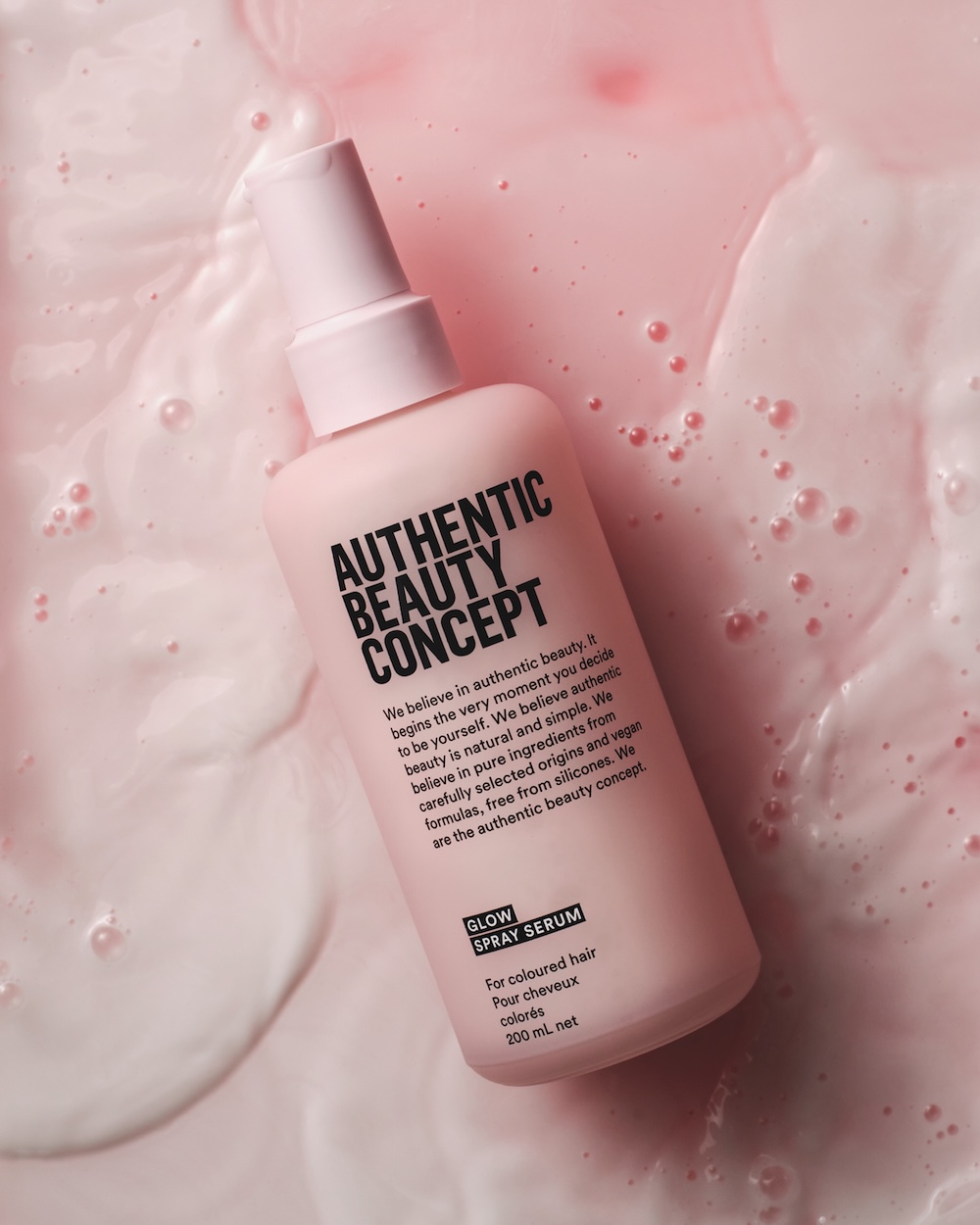
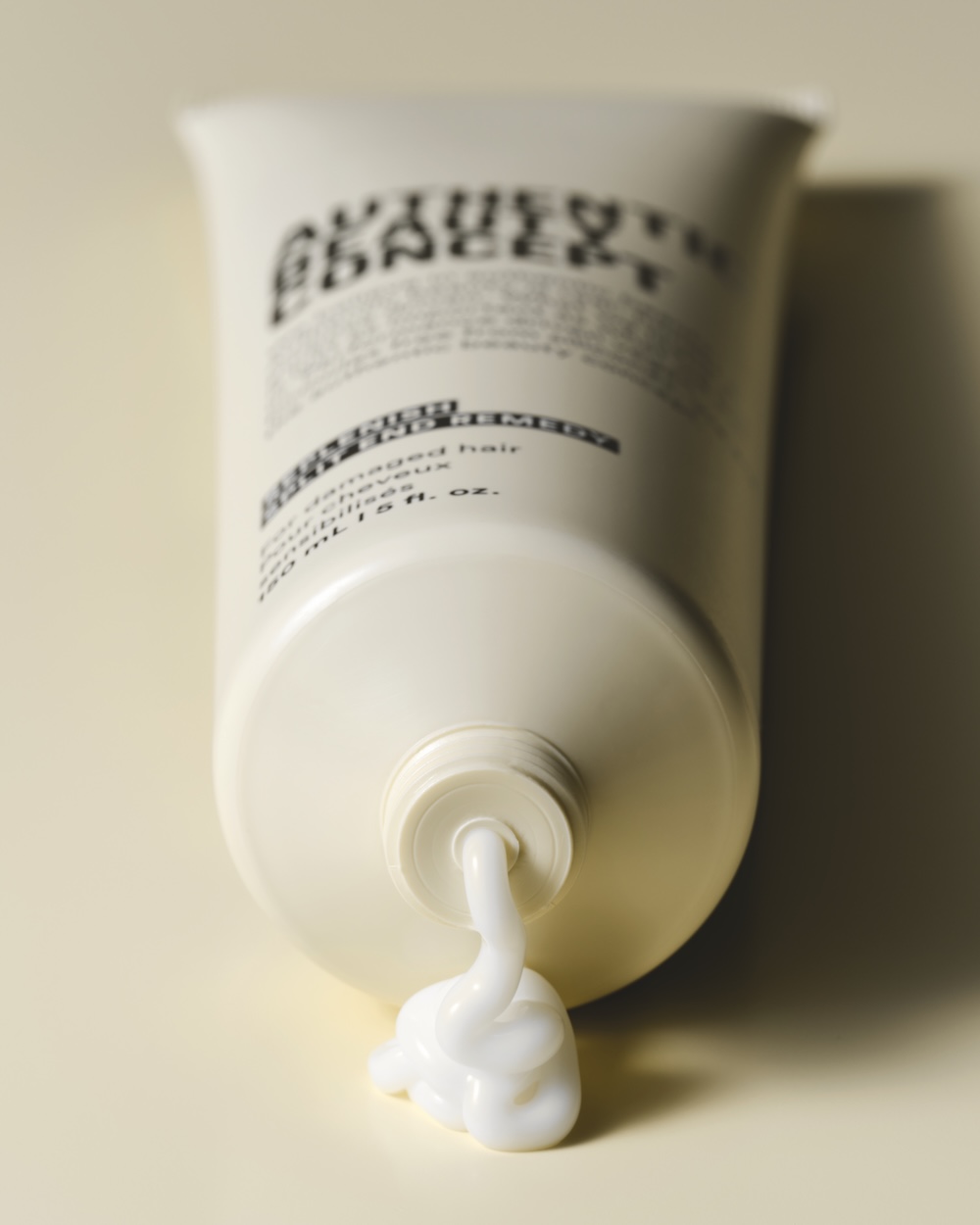

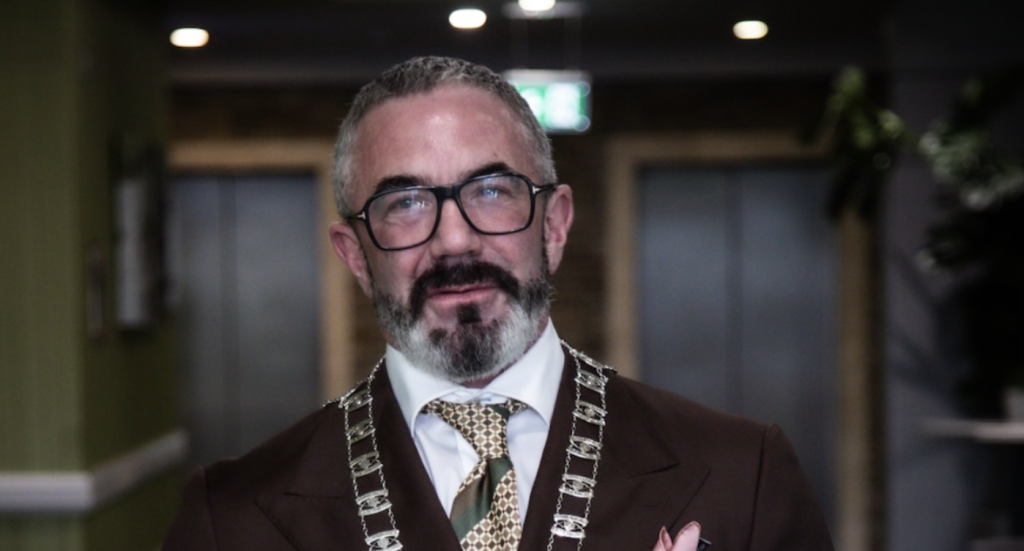

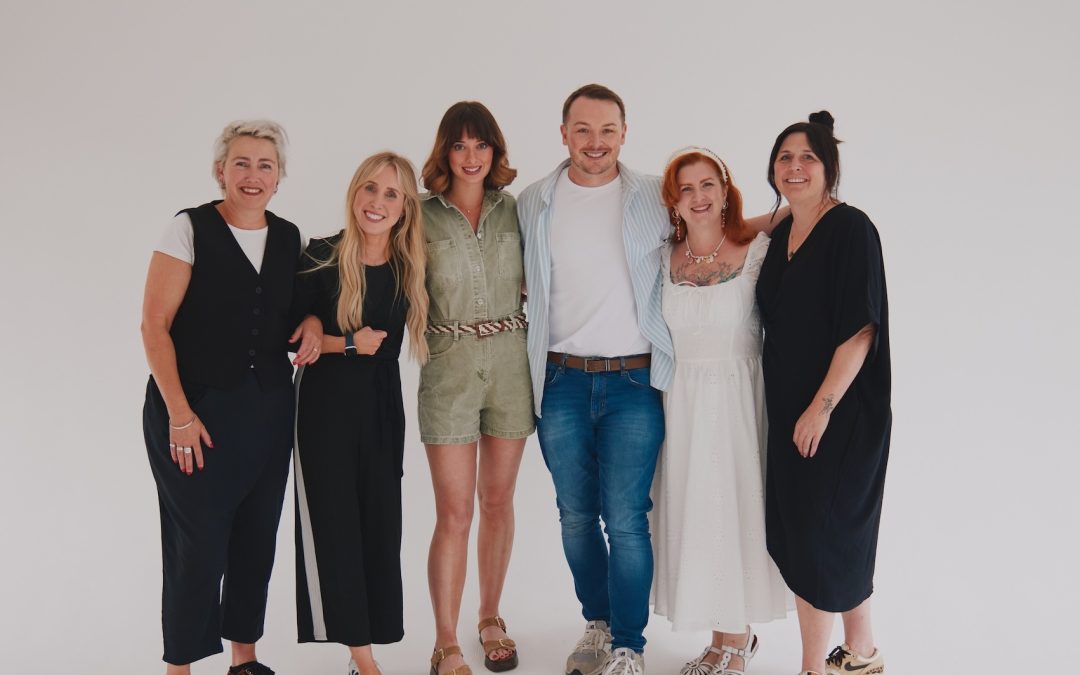





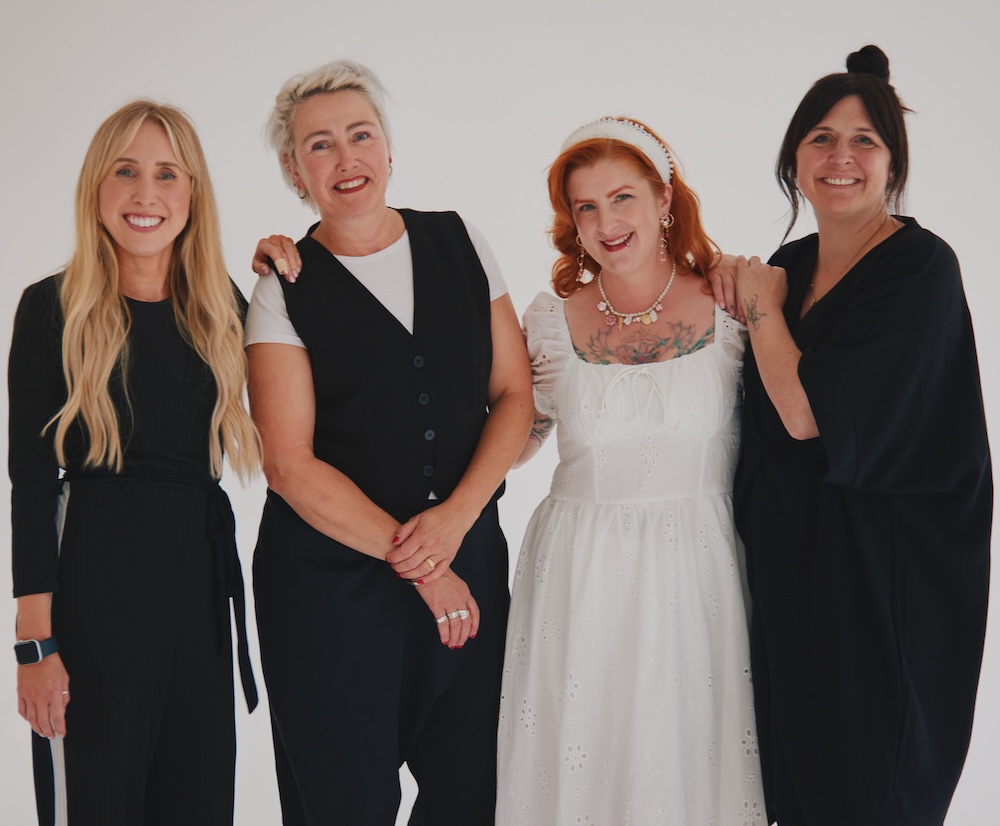
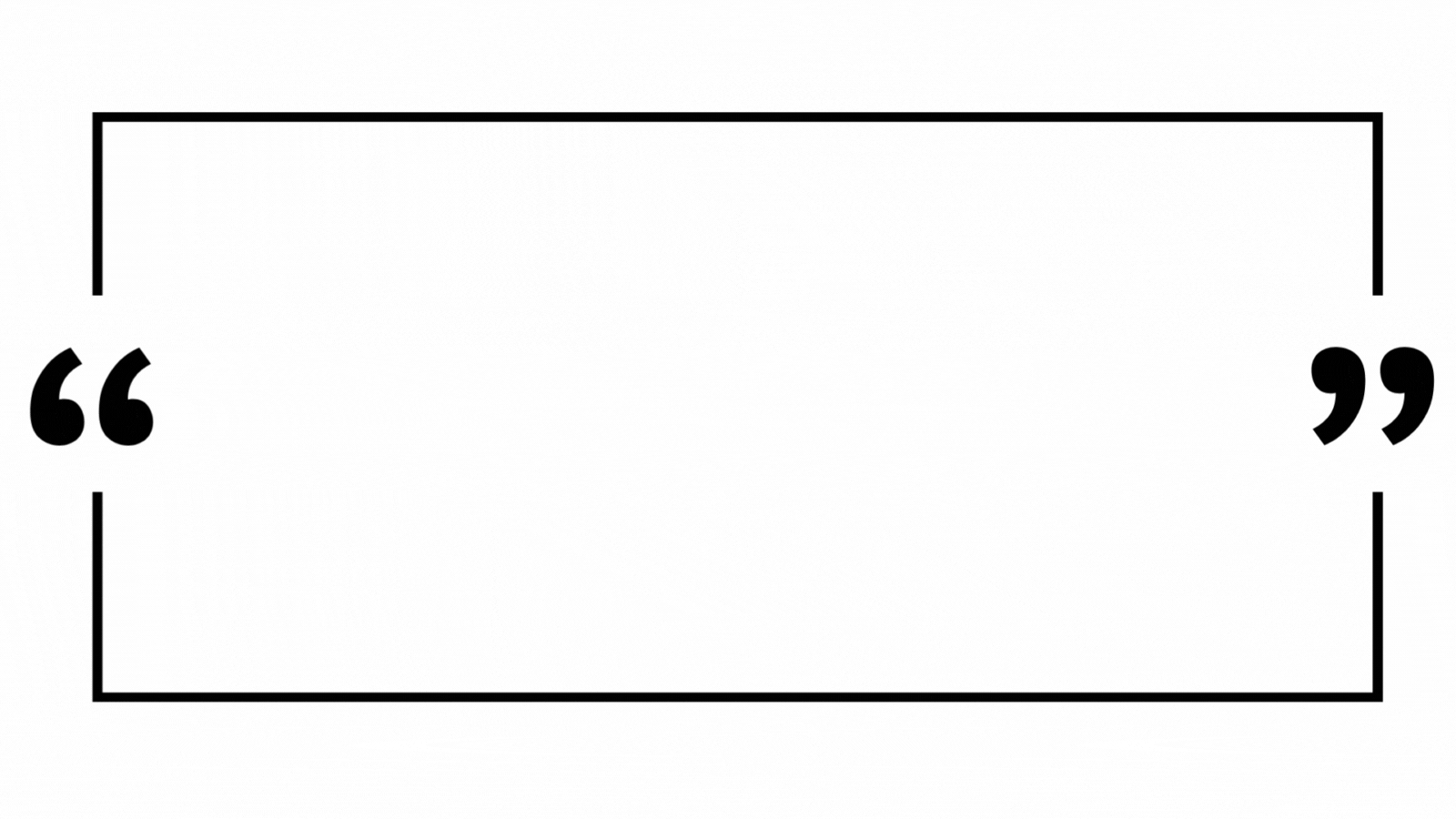

 The hero here doesn’t wear a cape – it comes in a tube! “The Hand & Hair Light Cream is my favorite. We use it a lot at Fashion Weeks,” says Melissa. “It can just be popped in your handbag, and it’s great for sealing in any ends and also adding definition to your ghost waves.”
The hero here doesn’t wear a cape – it comes in a tube! “The Hand & Hair Light Cream is my favorite. We use it a lot at Fashion Weeks,” says Melissa. “It can just be popped in your handbag, and it’s great for sealing in any ends and also adding definition to your ghost waves.”




